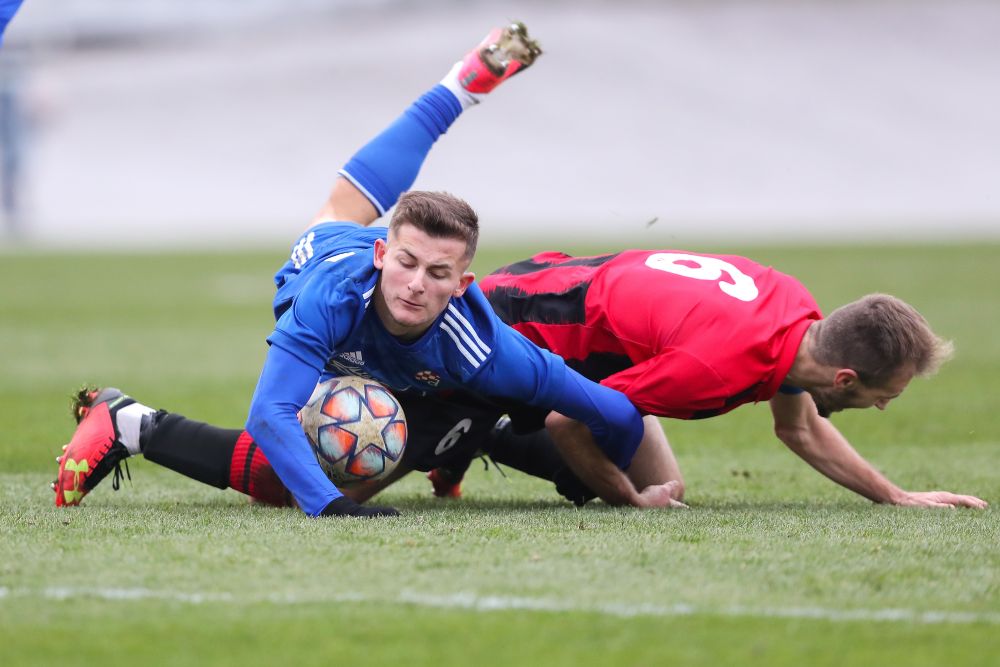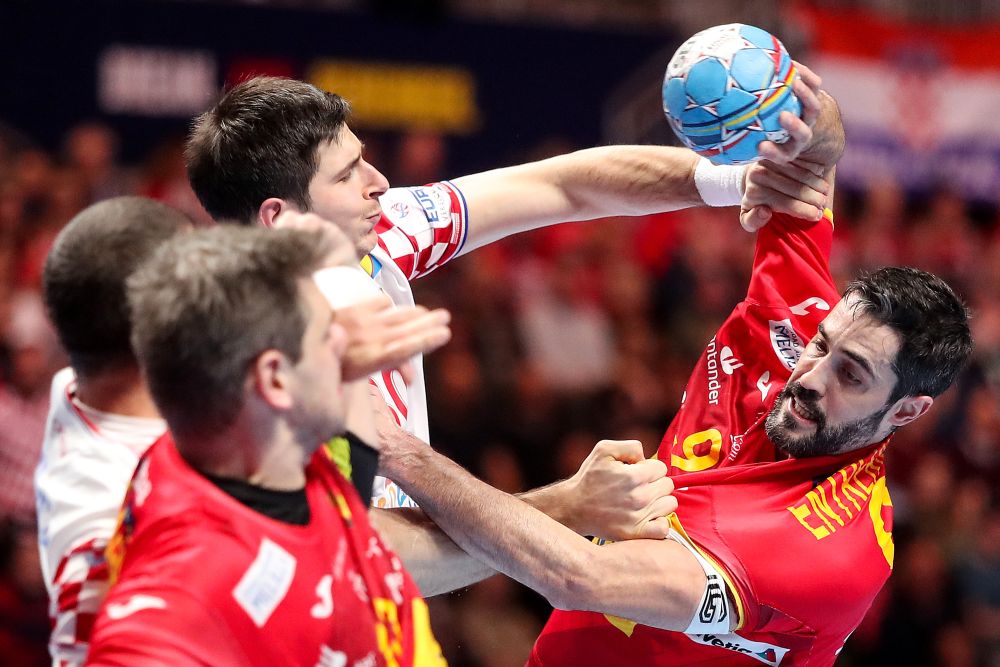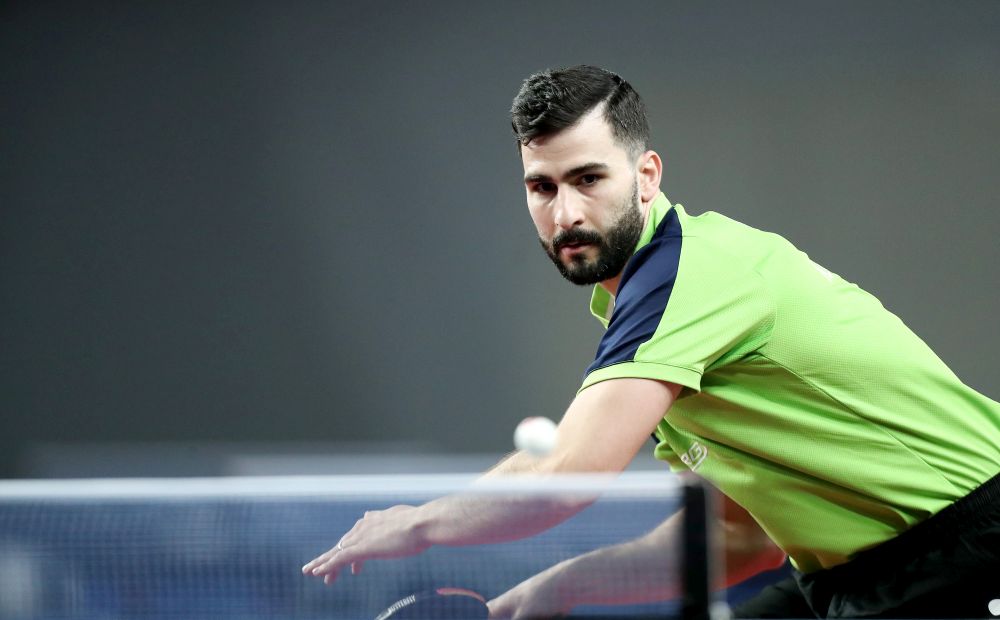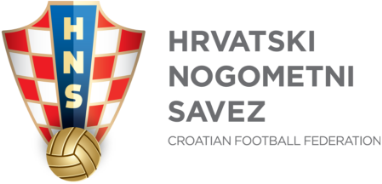Ratko Rudić is the only water polo coach, who has won both the world and Olympic titles with as many as three national teams (the former Yugoslavia, Italy and Croatia). With his teams, he has won a total of four Olympic gold medals and one bronze medal, which makes him unequalled in that respect, too – written by Anton Filić, Večernji List
Ratko Rudić (67) is the world’s most decorated water polo coach of all time. When he, somewhat unexpectedly, took over coaching the Brazilian national team in November 2013, he had had a successful coaching career with four national teams (the former Yugoslavia, Italy, the USA, Croatia). He had won as many as 38 medals with all those teams, 10 of them with Croatia. The second on the list of the most successful coaches of all time is Denes Kemeny of Hungary with 23 medals. Kemeny and Rudić were tied in the number of Olympic gold medals, each had three, but Rudić also won that battle at London 2012 – he won his fourth one.
Rudić is the only water polo coach, who has won both the world and Olympic titles with as many as three national teams (the former Yugoslavia, Italy and Croatia). With his teams, he has won a total of four Olympic gold medals and one bronze medal, which makes him unequalled in that respect, too. If one adds all his medals as a player and as a (national) coach (66), he is the most decorated Croat in this sport.
All these achievements are difficult to match. Moreover, in the year of the Rio Olympics (in which Rudić will participate as Brazil’s coach), we would like to highlight another category, in which he is the record holder, actually a world phenomenon. The Rio Games will be the 13th consecutive Olympics, starting with Ciudad de Mexico 1968, in which Rudić will participate one way or the other.
Witness to Terrorist Attack
- Well, before all, that piece of information reveals that I am getting older and older – Rudić commented on that fact, unattainable for normal people, through laughter.
When asked at which Games he had the best time, he replies without too much thinking:
- At the first ones in Mexico (Ratko was 20 then). The water polo team won gold and I was the 12th player, a substitute. I competed in the freestyle swimming events. Those were my first Games, it was a festival of sport in the true meaning of the word. There were no security problems, so we freely walked around, went sightseeing and visited the venues and socialized with locals.
However, already at the following Games in Munich 1972, (the team finished fifth), he got to know the other side of this major sporting event.
- There was this terrorist attack, in which 11 Israeli athletes were killed. We were close to the Israeli house, we followed the events live. Until then, one could have entered the Olympic Village without a problem, there were many holes in the fence, which athletes had made themselves when they had been out partying and coming back during the night. This is why Palestinian terrorists had no problem getting to the Israeli... After that, everything became much stricter and the carefreeness was gone – Rudić recalls.
On the eve of the 1976 Olympics, during a preparation game against Germany, he broke a hand. He stayed with the team in Montreal, but he didn’t play. And he finally won an Olympic medal in Moscow 1980, as one of the best players on the team.
We lost gold in the game against the USSR, although we could have won, too. But we were not unyielding, we were generous, as if we were satisfied with silver. Gold meant much more to the Soviets, after all, they were the hosts.
What he had missed as a player, Rudić made up for as a coach. Already at the following Games, in Los Angeles in 1984, he led Yugoslavia to the top of the podium.
- I could have done whatever I wanted with the first generation that I won an Olympic medal with, the team that included Bukić, Milanović, Bebić, Paškvalin, Lušić... They put up with such drill that, for some reason, today’s players could not endure. Young people were much more focused on sport back then, because they could get affirmation and social status through it. That’s why they really had their heart in it, they fought.... I was also different in that phase, much more authoritative than today, I didn’t speak this much with the players, I made decisions that I didn’t explain, because they obeyed without question.
A Sequence of Strange Results in Beijing
Rudić repeated the same success with the former Yugoslavia at Seoul 1988 and also at Barcelona 1992, but the latter with Italy.
- The Italians were not used to such way of work, they complained that I was exhausting them too much, so I had a number of conflicts. When we finally won gold in Barcelona, they stopped protesting.
We had already known the answer to the question at which Games he was the saddest – it was at Beijing 2008, but that’s also a part of Rudić’s whole Olympic story.
- We were very good, we had a sequence of convincing wins against Italy, Serbia and Germany and then we lost to the USA in a strange way. Then we had a sequence of problematic results afterwards. I didn’t recognize the string of events and it cost us a medal.
I Am Not in Favour of Harsh Rule, but There Must Be Responsibility
WHAT TO DO WITH DISOBEDIENT ONES
How does Rudić comment on the disobedience of Sukno, Obradović and Paškvalin on the national water polo team and Lovren on the football team?
- I am not in favour of a harsh rule, but there must be a code of conduct that applies to everyone, that will teach the players what a national team is. I had such a situation with the Croatian national team at the beginning. We failed to win bronze at the 2005 World League Super Final in Belgrade because some players allowed themselves to stay out past curfew. Later on, we created a culture of conduct, a national team cult. There will always be individual incidents, but sanctions must be known, too – Rudić says.
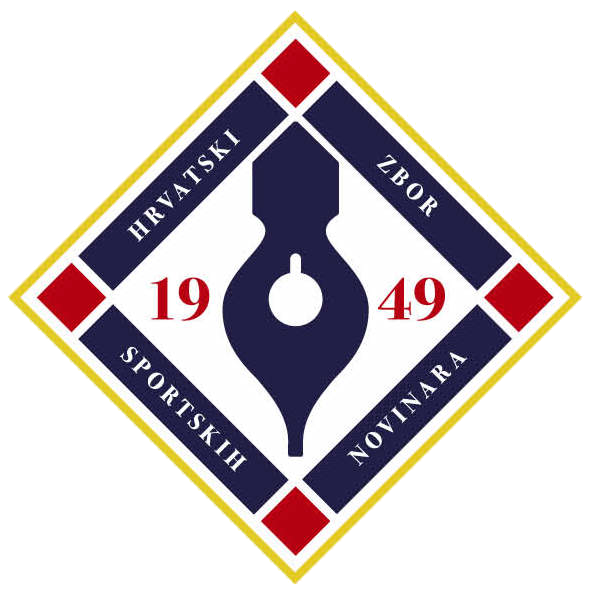
 EN
EN HR
HR






